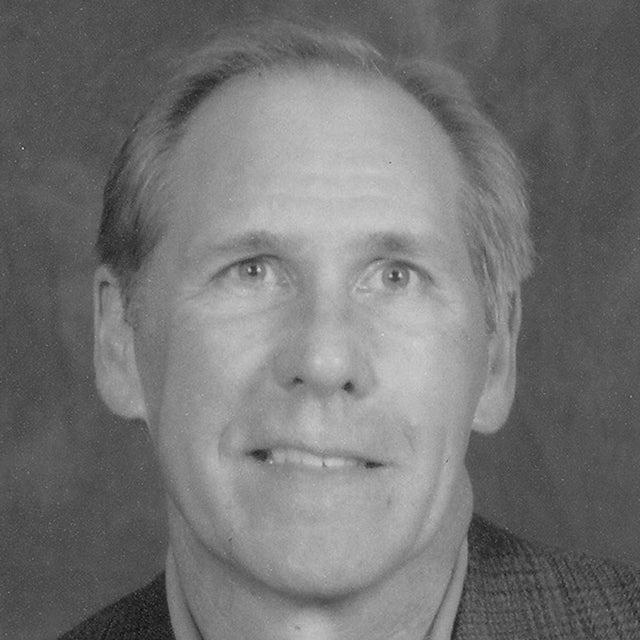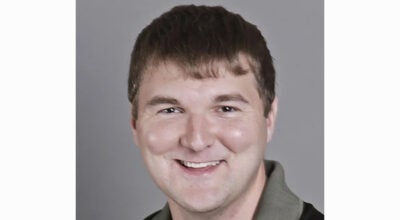Brooks: How to ruin your life
Published 5:44 pm Wednesday, September 11, 2019

- Michael Brooks
Michael Brooks
Pastor of the Siluria Baptist Church in Alabaster
Conference leaders brought CDs, books and curriculum materials for the “free” table at our denominational retreat center last month. A lady whom I’d not met and I found ourselves looking at a book with an interesting title: “How To Ruin Your Life.” She said to me what I was thinking, “I don’t need to read that book. I could’ve written it.”
I did take the book, after her right of first refusal, and have since read it. Author Eric Geiger used the story of King David as his theme. David’s is a familiar story to most Bible readers, and one overflowing with irony. David, described as a man close to God’s heart, fell into grievous sin. The lesson is that no one is above failure, even the sweet singer of Israel, the giant-killer and the man who drew blueprints for the Ark of the Covenant’s permanent home. The Holy Spirit of God inspired the story to be recorded so that we might walk more carefully in a world bent toward evil.
Commentators for years have insisted David shouldn’t have been at home, but on the battlefield with his troops. Possibly. Geiger insisted David was bored when he walked on the palace rooftop that fateful night.
I’m not sure since a lot of people have trouble sleeping and may get up and walk about. And the king lived in Palestine where the cool air may’ve offered relief on a sweltering evening.
Another thing we assume is that David was a predator. He “loafed, looked and lusted” is the old outline preachers use. A guest lecturer at a Christian college referred to this account when she visited one of my classes, and suggested Bathsheba was the predator. Her argument was that if you lived next door to the palace, you’d know the comings and goings of the king.
The Alabama governor’s mansion is in a Montgomery neighborhood, unlike the White House that is protected by vast acreage, and I can image the people living on her street might know something about the comings and goings of Gov. Ivey.
I suppose we all take the stories of scripture and think about the “backstories”—what else was happening or what people were thinking.
John Bisagno used to say that David was a great sinner, but also a great repenter. When Nathan the prophet confronted him, David immediately said, “I have sinned.” This is the second major lesson we learn from David: it’s foolish to deny wrong rather than owning up to it.
We can find God’s forgiveness. His mercy means life doesn’t have to be ruined when we mess up.



